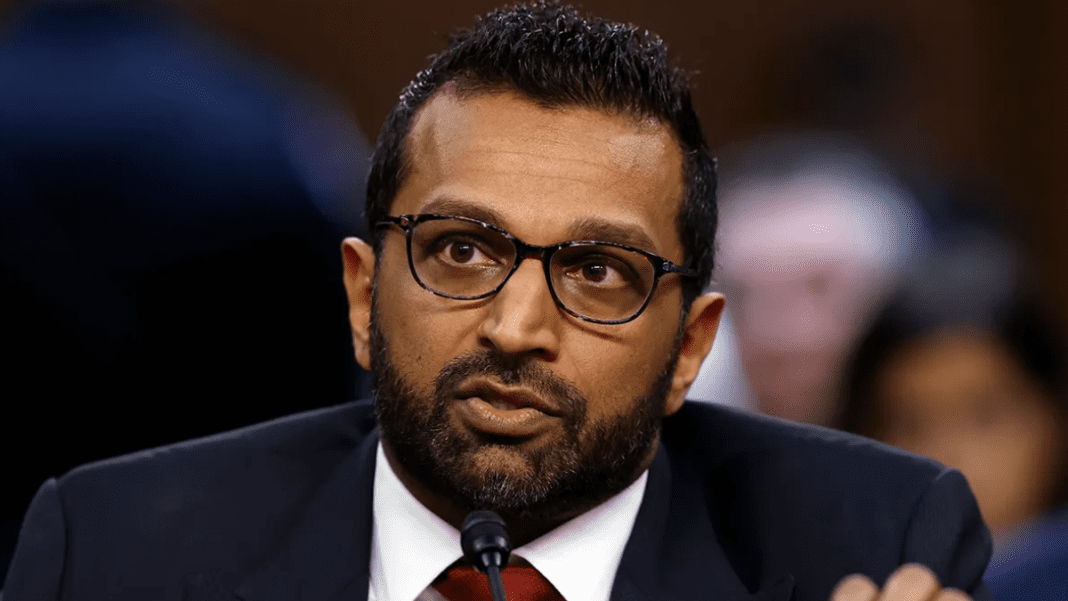The FBI director Kash Patel told senators this week that case files show no credible proof that Jeffrey Epstein trafficked young women to anyone else.
Senate Hearing Turns Tense
The director said the files only confirm Epstein trafficked women for himself. This statement came during a heated hearing before a Senate committee on Tuesday morning.
A senator asked directly whether Epstein had provided women to others. The response was clear: “Himself. There is no credible information, none.” The director added that if such proof existed, a case would have already been brought against other individuals.
The senator pushed back, noting that many Americans want clarity. He argued that people know Epstein exploited women, but the unanswered question is whether others were involved. He said the explanation given would not end calls for more transparency.
During the testimony, the FBI chief explained that the available records were narrow. Most came from search warrants issued in 2006 and 2007. At that time, prosecutors in Florida struck a deal with Epstein that allowed him to avoid broader prosecution. That limited the evidence federal investigators were able to seize.
Victims’ Accounts and Alleged Client List
Previous testimonies from women who said they were abused by Epstein suggested that others were also involved. These claims added fuel to speculation about a so-called client list. Much of the public debate in recent months has centered on this list, with claims that high-profile names could be included.
The FBI director, however, emphasized that the official files do not back up those claims. He described the records as incomplete and said investigators are working with what little is available.
Stansbury accuses Trump and GOP of blocking full Epstein file release in Congress
Other senators used the hearing to raise different issues. One asked about reports that any reference to a former president had to be flagged inside the FBI. The director denied personally overseeing that process and said the bureau worked alongside the Justice Department to maintain transparency.
Another senator raised the question of whether Epstein may have been an intelligence asset for the U.S. government. The FBI director firmly rejected that idea, at least as far as the FBI is concerned.
Debate Over Secrecy and Transparency
The hearing also touched on why the full Epstein files have not been released. Earlier this year, government leaders promised to make documents public. However, in July a decision was made not to publish them. That change caused anger among Republican lawmakers and supporters who wanted the files opened.
For now, years of work by investigators remain behind closed doors. Epstein died in 2019 while awaiting trial on sex trafficking charges. Since then, many have pushed for full disclosure of the files.
Queen’s University Faces Fierce Backlash Over Epstein Ties as Union Demands Immediate Action
Recently, a House committee did release thousands of pages connected to the case, some coming from Epstein’s estate. But critics argue that key information is still missing.
The FBI director described the “original sin” of the case as the way it was first handled nearly two decades ago. He pointed to the narrow warrants and limited evidence collection at the time. He said that had he been in charge then, the investigation would have been broader.
The debate over what is in the files and why they are not public has fueled widespread mistrust. Leaders continue to face pressure from lawmakers and the public. For now, the most powerful question remains: did Epstein act alone, or was anyone else involved?





